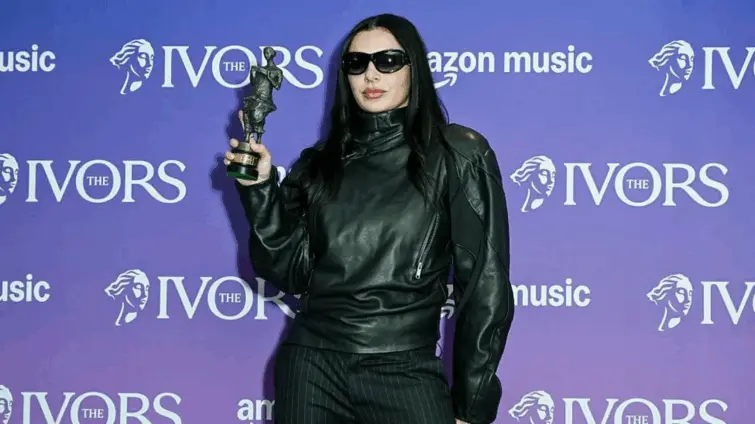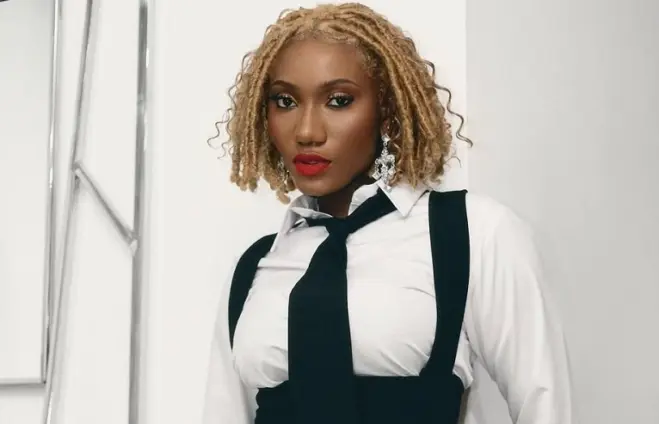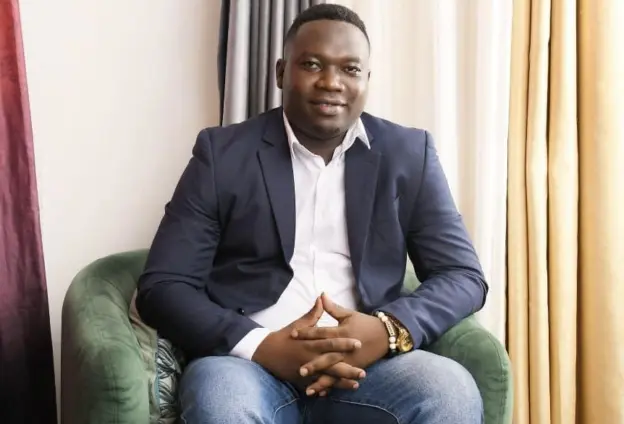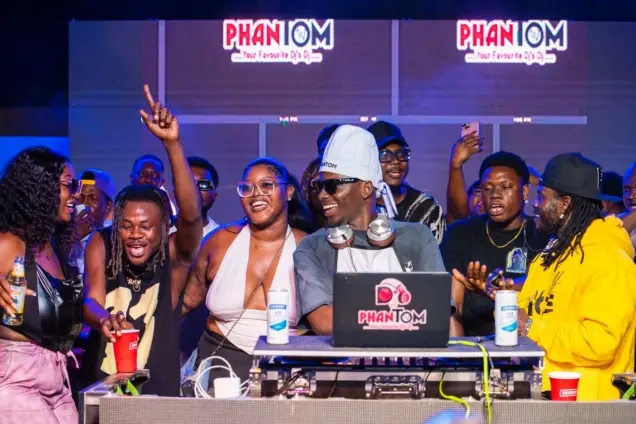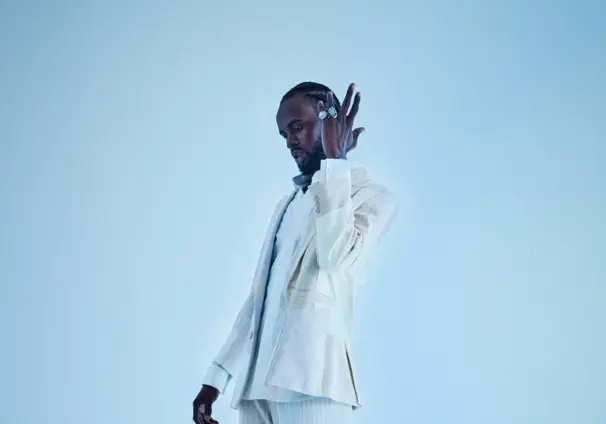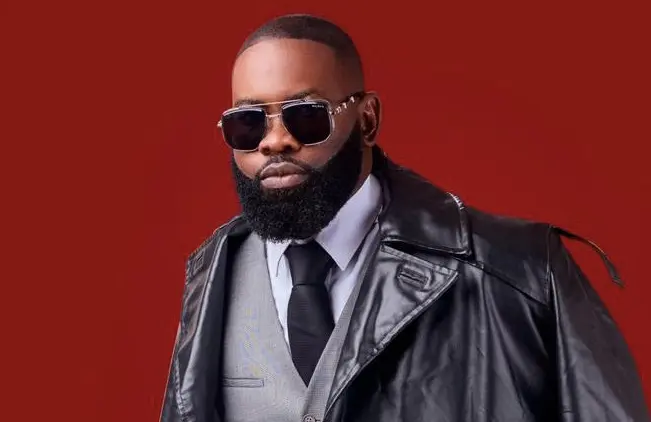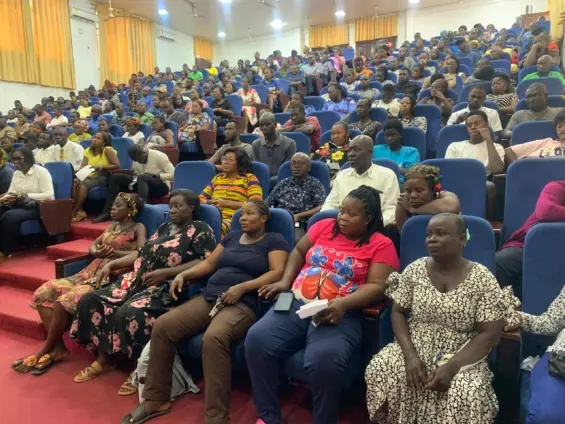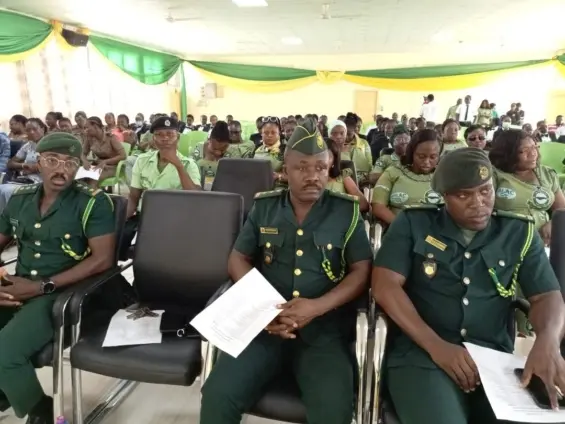Jennifer Lopez, the celebrated singer and actress, finds herself at the center of a copyright infringement lawsuit, a stark reminder of the complexities of image rights in the digital age. The legal action, initiated by photographer Edwin Blanco and the agency Backgrid, stems from Lopez’s decision to post photos of herself on social media, images captured at a Hollywood party. The heart of the matter lies in the allegation that Lopez did not secure the necessary permissions to utilize these copyrighted images. As reported by BBC News and detailed in legal documents, this case opens a broader discussion on the boundaries of copyright law, particularly concerning the rights of photographers versus the individuals they photograph, and what constitutes fair use in the realm of social media and celebrity image rights.
The crux of the lawsuit against Jennifer Lopez centers on photos taken by Edwin Blanco, who was working under the Backgrid agency’s banner. These images were snapped at the Amazon MGM Studios and Vanity Fair Party, a pre-Golden Globes event teeming with celebrities and media. According to the lawsuit, Lopez’s act of posting these photos without prior authorization constitutes a copyright violation. The photographer and agency are claiming the use of the photos was used for self-promotion.
Edwin Blanco and Backgrid, the agency holding the copyright to the contested photographs, have joined forces in this legal pursuit. Their claim rests on the assertion that Lopez’s use of the images transcended personal enjoyment, venturing into the realm of commercial promotion. The legal documents emphasize that "Ms. Lopez’s unauthorized use of the Images is commercial in nature, intended for the purpose of self-promotion," suggesting that the images were leveraged to enhance her brand and public image.
At the core of copyright law is the principle that the individual behind the lens typically holds the copyright to the photograph, not the subject immortalized within it. This grants the photographer, or their representing agency such as Backgrid, the prerogative to dictate the terms of image usage and associated fees. The lawsuit underscores that Lopez’s utilization of the photos was explicitly commercial, aimed at bolstering her brand and partnerships. The filings state, "Ms Lopez used the Images to spotlight the designer of her clothing and jewellery, leveraging the publicity from the event to promote her fashion affiliations and brand partnerships.” Backgrid and Blanco contend that discussions with Lopez’s representatives regarding a licensing agreement and payment were initiated but ultimately did not result in a signed agreement.
This legal entanglement isn’t an isolated incident for Lopez, who faced similar copyright infringement claims in 2019 and 2020. A number of high-profile figures, including Dua Lipa, Gigi Hadid, and Khloe Kardashian, have encountered comparable lawsuits for sharing unauthorized photos of themselves. These cases underscore an emerging trend of paparazzi agencies assertively pursuing copyright claims against celebrities who disseminate their own images on social media, prompting discussions about fair use and the evolving dynamics of celebrity image rights.
The Jennifer Lopez case serves as a critical reminder of the need for celebrities and their representatives to exercise due diligence in securing licenses or permissions before sharing photos taken by others, regardless of whether they feature the celebrity themselves. The case highlights the significance of understanding copyright law, particularly in the context of social media. Proactive negotiation and licensing agreements can be invaluable tools for celebrities seeking to avert costly legal battles.
The copyright lawsuit involving Jennifer Lopez highlights the intricate relationship between celebrity image rights and copyright law in the digital age. Despite the inclination of celebrities to share images of themselves, copyright law generally vests ownership with the photographer or their agency. This case emphasizes the importance of awareness regarding copyright regulations and securing appropriate licenses or permissions before posting photos on social media. As similar cases continue to surface, it becomes increasingly evident that understanding and respecting copyright law is essential for navigating the landscape of celebrity image rights.
Image Source: MYJOYONLINE


